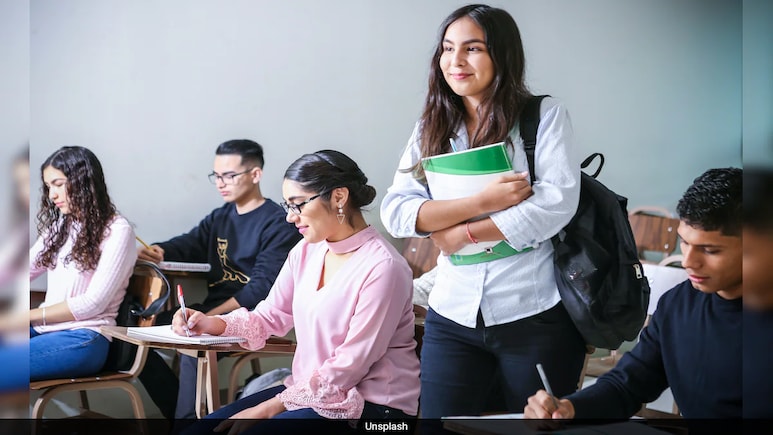
Groundbreaking research led by the University of Manchester, tracking thousands of English students from their teenage years into adulthood, has established a firm link between the subjects studied in secondary school and subsequent political preferences.
The study, spearheaded by Dr Nicole Martin alongside Dr Ralph Scott (University of Bristol) and Dr Roland Kappe (University College London), revealed that educational choices made during compulsory schooling, particularly at the GCSE level, profoundly shape a young person's political compass.
"These findings are vital for understanding the evolving political landscape, and they highlight the significant and often overlooked impact of curriculum design on future generations of voters," said Dr Nicole Martin.
Which School Subjects Shape Which Political Views?
According to the study published in the journal West European Politics, students who focused on arts and humanities subjects, such as history, art and drama, demonstrated an increased likelihood of supporting socially liberal and economically left-wing parties.
Conversely, those studying business studies or economics showed a greater affinity for economically right-wing parties, such as the Conservative Party.
Technical subjects also fostered support for socially conservative and economically right-wing views.Crucially, these relationships between subjects and political support were found to persist into adulthood.
As per a release by the University of Manchester, the research marks the first time such effects have been observed within compulsory secondary schooling, moving beyond studies that traditionally focus on university education.
By combining English administrative school records with a unique panel of adolescents, the study provides compelling evidence on the importance of secondary school subjects for political socialisation during the 'impressionable years' of adolescence.
"Our research demonstrates that education's influence on our political beliefs is far more nuanced than simply the level of education attained," said Dr Nicole Martin. "The specific subjects that young people take in school - particularly at GCSE - play a profound role in shaping their political compass. This might be because of the content or because of different peer groups or role models."
Track Latest News Live on NDTV.com and get news updates from India and around the world

